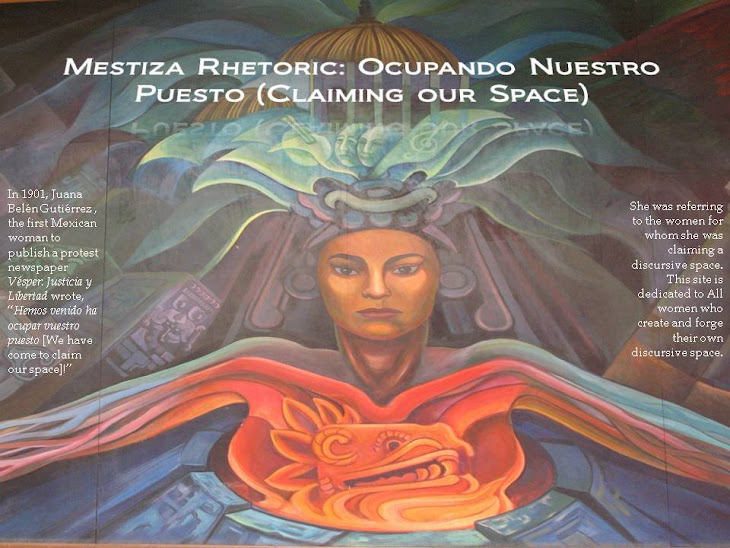
 The Benson Latin American Collection in Austin is the largest collection of Latin American writings next to the Library of Congress. Doing research is not easy and be quite exhausting. When I arrived in Austin at 7:30 am I hopped on the Flyer 100, the .50 cent shuttle to downtown Austin. I checked in my hotel and headed to the archives. I was greated by a cool breeze of air conditioning. Austin was experiencing really hot and humid weather. Entering the library and getting oriented, I noticed how big the library really is. The wings of the library are separated into rare books and then regular books that can be checked out. On the third floor they have an extensive collection of microfilm. I located some great materials that will enhance my dissertation! I hope my research will make a difference!
The Benson Latin American Collection in Austin is the largest collection of Latin American writings next to the Library of Congress. Doing research is not easy and be quite exhausting. When I arrived in Austin at 7:30 am I hopped on the Flyer 100, the .50 cent shuttle to downtown Austin. I checked in my hotel and headed to the archives. I was greated by a cool breeze of air conditioning. Austin was experiencing really hot and humid weather. Entering the library and getting oriented, I noticed how big the library really is. The wings of the library are separated into rare books and then regular books that can be checked out. On the third floor they have an extensive collection of microfilm. I located some great materials that will enhance my dissertation! I hope my research will make a difference!Call for Submissions
For two special issues of COLLEGE ENGLISH, we invite submissions, which should be sent electronically to the journal’s office at cesubs@indiana.edu by July 1, 2008:
Lincoln in English Studies: In February 2009, historians will celebrate thebicentennial of Abraham Lincoln’s birth. Why and how should our disciplinestudy him, too? Besides his own rhetoric, contributors might examine how hehas figured in works of fiction, visual culture, English courses, orEnglish scholarship.
Writing, Rhetoric, and Latinadad (guest editors: Damián Baca and VictorVillanueva):
With Latinas and Latinos comprising the United States’ largestlinguistic and ethnic “minority,” this issue will consider the historicalknowledge that the field of rhetoric and composition needs to constructsocially relevant pedagogies. Particularly welcome are essays that defineLatina/Latino rhetorics in comparison to Greco-Latin ones. How do we beginto understand a broader history of rhetoric within the Americas, forexample? How can Latina/Latino rhetorics that pre-date the teaching ofEnglish in the Americas transform composition studies? How might resistantand de-colonial Latina and Latino rhetorics challenge Eurocentric historiesand historiographies of writing and writing instruction? How can greaterunderstanding of the unique historical trajectories of indigenous, Spanish,and English rhetorical ways affect our current attempts to include Latinoand Latina language experiences in our composition classrooms? What arehistoricallinks among AmerIndian rhetorics (i.e., those of Latin American andCaribbean indigenous peoples as distinct from their more Northern brothersand sisters)? How would these have affected, and been affected by, Spanishcolonial rhetorics?














